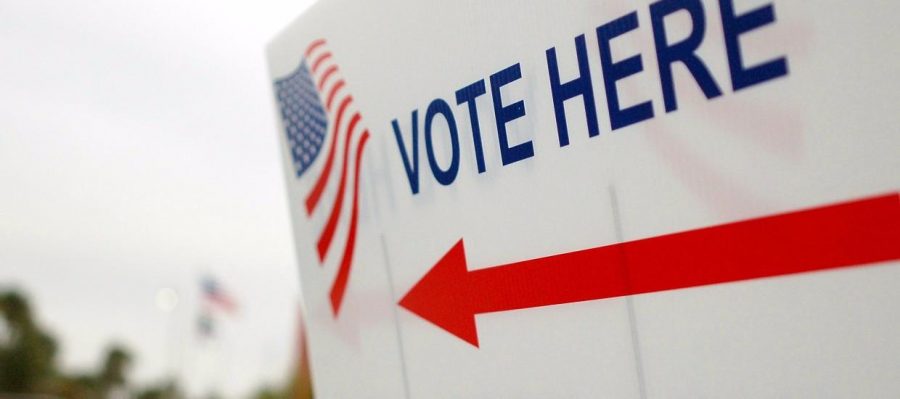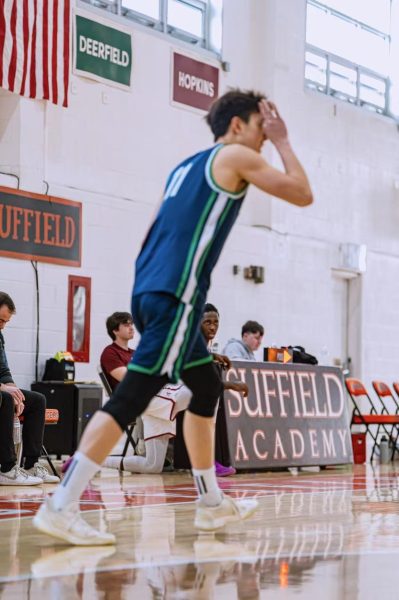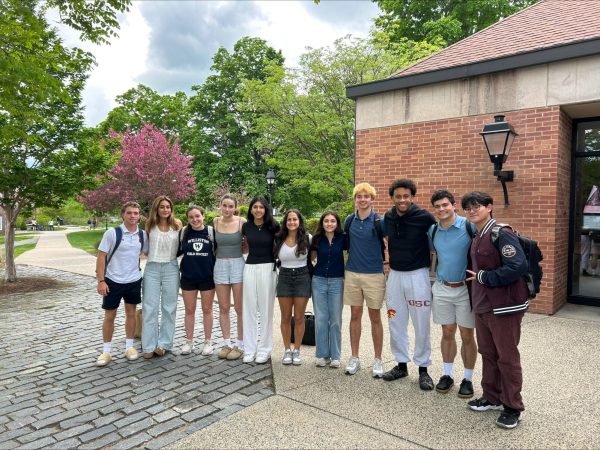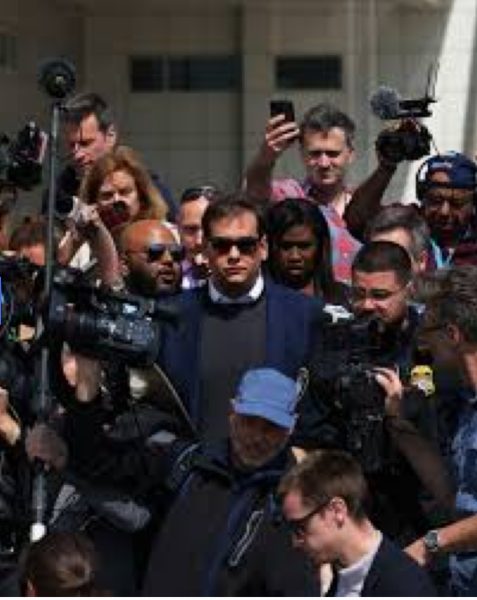Seniors Gear Up to Vote for First Time
Seniors have a lot to look forward to in the next few months, and for some, voting for the first time is on that list. Yet there persists, still, the argument that only those who are well-informed in politics and current events should have the right to vote. The Willistonian sought out those on the cusp of voting in their first election to gauge their opinions.
Oscar DeFrancis, a six-year senior, described himself to be “politically aware.” He stressed how important it is to educate yourself about current events. He also mentioned how other than some history classes, current events is not part of the curriculum for many classes.
“I feel like I was ready to vote since I was 15,” he said, “but I kind of see where people are coming from about how 18 is too young to vote. I find a lot of my classmates don’t care that much about politics at all. It kind of annoys me because it matters so much in our country and in the world.”
Oscar tries to read diverse news to get a more well-rounded grasp on politics and current events, and hopes in the coming election there will be an increase in educated voter turnout among other first time and young voters like himself.
Many Williston students who have been given civic education in classes such as U.S. History, AP U.S History, and AP Government, are eager to take part in the 2020 Presidential election. In 2014, according to a New York Times article, less than 20 percent of young people voted — that’s compared to 40 percent of the general population — which was the lowest rate ever. In fact, the article added, young people are underrepresented in almost every election.
Joe Rees ’20 was really surprised by the low voter turnout. He believed everyone would vote because, growing up, that was what people encouraged him to do once he was of age.
Peter Gunn teaches History and Global Studies teacher, AP U.S Government, and advises “We The People.” He highlighted that it is violating a citizen’s constitutional right if you were to say that uninformed voters can’t vote. “It is a complicated process to try to differentiate the uninformed voters from the rest.” Historically, there have been tests that have discriminated voters on the basis of race.
As evidence of informed and determined young people, Gunn commended the youth who’ve taken the lead in the both the climate change and “Me Too” movements.
“I think that there is a lot of evidence that young people do care and that they do get engaged,” Gunn stated. “So then the question becomes, ‘Why aren’t more young people drawn into actually voting by those issues?'”
Gunn strongly believes that youth make a difference in politics and that their vote should be valued just like any other ballot.
“I think you can have uninformed or disengaged voters of all ages going to the ballot box and voting, and I think that is unfortunate, but I don’t think it is a reason for excluding the well-informed and well-engaged young people,” he said. “I bet if you were to look at people 18-25 that do vote, that they are probably among the most well-informed and engaged.”
Penn Cancro ’20 has already voted in a mayoral election. He also agrees with Gunn.
“You especially see that teenagers are super active politically … maybe not as a whole, but I think we see some of our biggest activists right now,” Penn stated. “Trying to shut them up by maybe changing the voting age or discredit them because of their age is unreasonable.”













